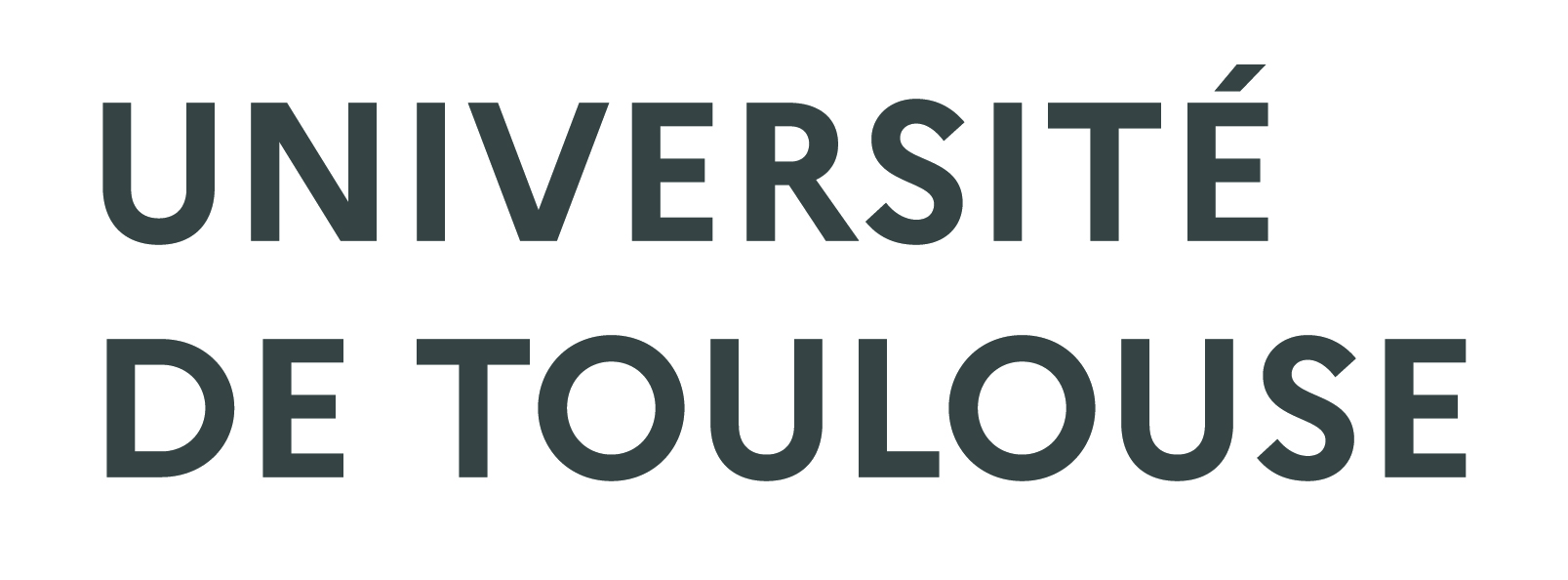Proportional reasoning in a Boolean setting
Résumé
Extrapolations are often based on parallels made between two situations that are thus compared. Comparative information may pertain to similarities as well as to dissimilarities. Analogical proportions, i.e., statements of the form "A is to B as C is to D", provide a natural way for stating such a parallel. In the Boolean setting, logical proportions, a recently introduced notion that generalizes the idea of analogical proportion, relate four objects through the conjunction of two equivalences between comparison indicators expressing similarities or dissimilarities. Among the 120 existing logical proportions, we identify the ones that are suitable candidates for getting a unique D from C and comparison indicators whose values are obtained from A and B. In order to provide a new introduction to the idea of logical proportion, we first investigate comparative reasoning about objects described in terms of Boolean properties. More precisely, thanks to comparative information that we may have about an object w.r.t. another known object, it is sometimes possible to complete the information we have regarding the initial object.
Domaines
Intelligence artificielle [cs.AI]| Origine | Fichiers produits par l'(les) auteur(s) |
|---|



